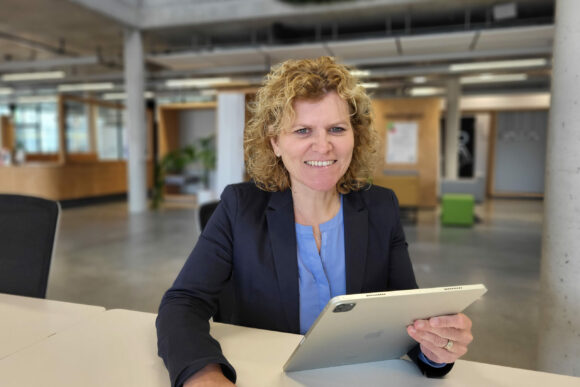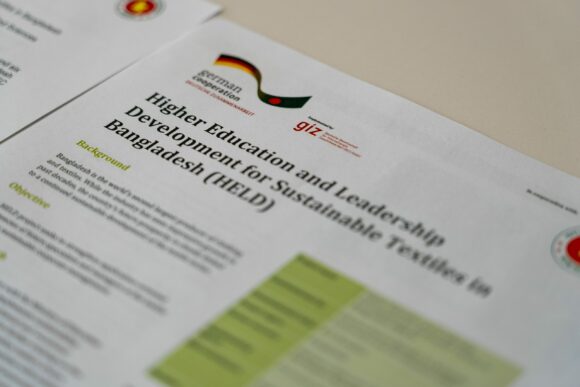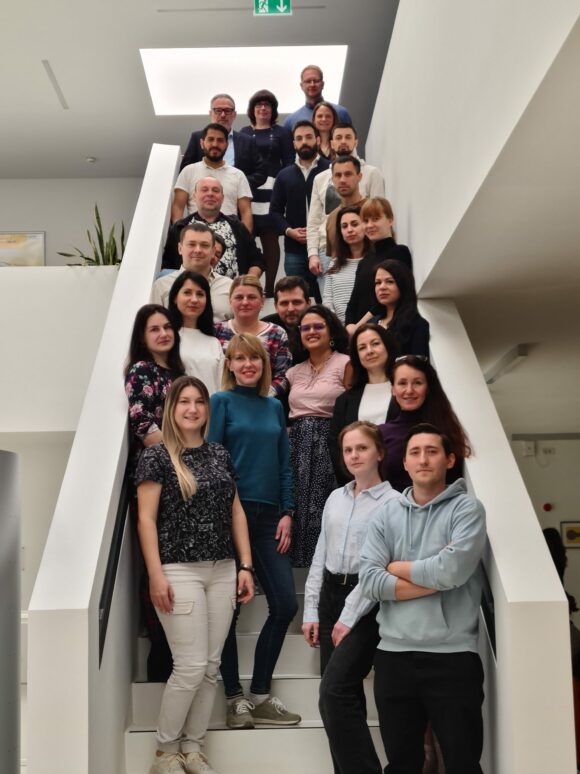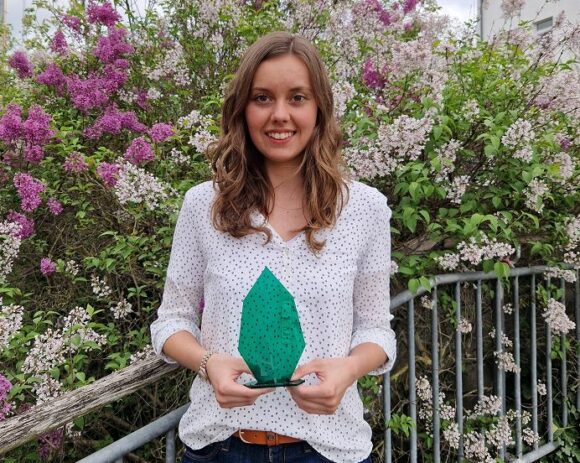The DMKG Cluster app has recently become available in the app stores. It was developed by the German Migraine and Headache Society (DMKG) in collaboration with the Institute for Information Systems at Hof University of Applied Sciences (iisys) and smartlytic GmbH specifically for patients with cluster headache. Cluster headache is a particularly severe form of headache that is very different from other types of headache. The DMKG Cluster App is a digital headache calendar specially adapted to cluster headaches. The automated creation of a clear summary and the linking of the app with the DMKG headache registry significantly simplifies the monitoring of progress under therapy and communication between sufferers and medical staff.
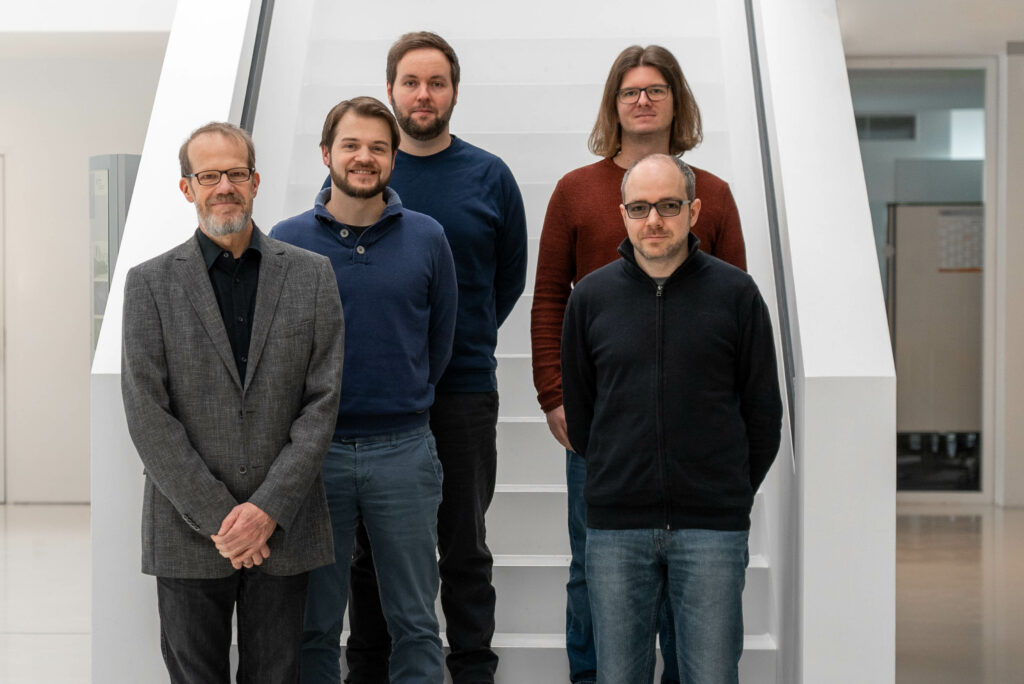
Cluster headache is a rare but severe type of headache that affects more men than women and often begins in younger or middle age. It is characterized by repetitive attacks of severe, unilateral headache usually accompanied by eye tearing, runny nose, and/or eye redness on the affected side. Attacks last from 15 minutes to 3 hours and often occur at night. In many patients, the disease is relapsing, so that months with several daily attacks may be followed by a longer attack-free interval. Treatment also differs in many aspects from other forms of headache such as migraine or tension-type headache. For example, individual attacks can be controlled with oxygen or sumatriptan injections, while conventional painkillers in tablet form usually have no effect. In addition, special preventive medications are used that are not used for other forms of headache.
App complements headache registry
Effective treatment requires good documentation of attacks in order to assess the effectiveness of preventive medication in particular. Until now, there have been no good electronic tools for this purpose. The German Migraine and Headache Society (DMKG) has therefore developed the DMKG Cluster App specifically for patients with cluster headache as part of the nationwide DMKG Headache Registry project. It complements the existing DMKG app, which is aimed primarily at patients with migraine and tension headache.
It was a great concern of the DMKG to make the headache registry also usable for patients with cluster headache and their treating physicians.”
PD Dr. Tim Jürgens, President DMKG
Information is bundled and networked
The DMKG cluster app allows the rapid recording of attacks, pain intensity, duration and acute medication used. Medications taken for acute therapy and prophylaxis can be easily stored. The relevant information is automatically and clearly summarized and can be taken to any doctor as a pdf file. Headache practices and centers participating in the DMKG headache registry can view the app data of their patients at any time on a daily basis in a specialized web portal and benefit from additional cluster headache-specific information, e.g. questionnaires and an episode calendar. In addition, the data entered (after anonymization) supports headache research in Germany.
University involved from the start
The new app is being implemented by Hof University of Applied Sciences, which has been involved in the project from the very beginning:
Ultimately, the headache registry is based, in terms of content and technology, on the preliminary work we have done since 2011 with the Migraine Radar and subsequent projects.”
Prof. Dr. Jörg Scheidt
He adds, “We then conducted a citizen science funded project on cluster headache from 2017 to 2018, the scientific outcome of which was a publication on medication efficacy among sufferers. In particular, differences in efficacy between smokers and non-smokers were identified, as many cluster headache sufferers are current or former smokers,” reports Prof. Dr. Jörg Scheidt from the Institute for Information Systems at Hof University of Applied Sciences (iisys).
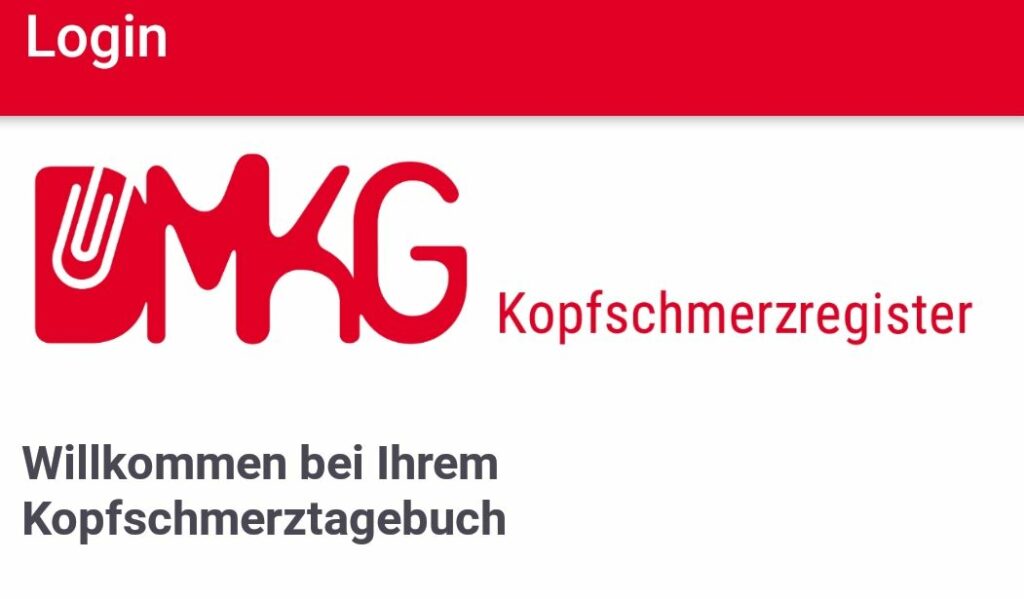
Starting in 2018, the nationwide headache registry was then technically implemented under the leadership of Prof. Dr. Jörg Scheidt and Prof. Dr. Beatrix Weber, and with the participation of smartlytic GmbH, which was spun off from Hof University of Applied Sciences. Since then, it has been successfully technically administered by smartlytic GmbH, while the medical conception and operation lie with the German Migraine and Headache Society (DMKG).
Hof University of Applied Sciences has designed the legal issues of data protection and the conduct of the studies and transferred them to the operation of the DMKG.”
Prof. Dr. Beatrix Weber
Sustainability is a particular focus of this project: “The registry is designed for long-term operation and for a large number of scientific evaluations, which are primarily implemented by the DMKG. So it is not – like other research projects – limited in time,” says Prof. Scheidt.
Easy to use and free of charge
For Jakob Terhaag, Secretary General of the German Association of Cluster Headache Self-Help Groups CSGe.V., the new app is already generating enthusiasm: “The app is easy to use and perfectly tailored to the needs of cluster patients.”
The DMKG Cluster app is available free of charge and free of advertising in the app stores.
Scientific contact:
PD Dr. Ruth Ruscheweyh
ruth.ruscheweyh@med.uni-muenchen.de
Further information:
www.kopfschmerzregister.de
Contact:
kopfschmerzregister@dmkg.de




